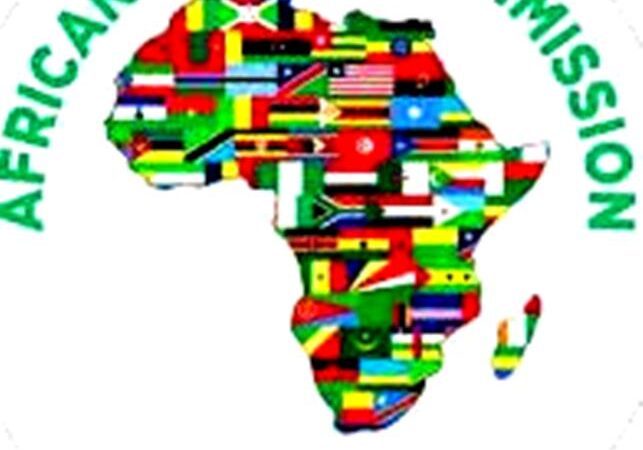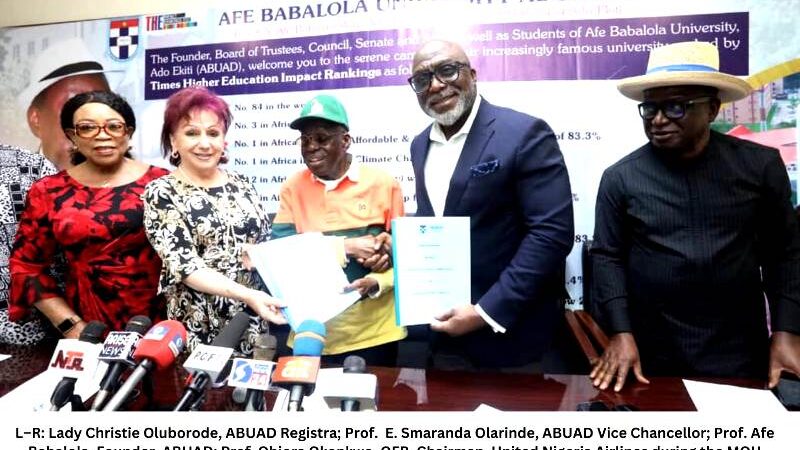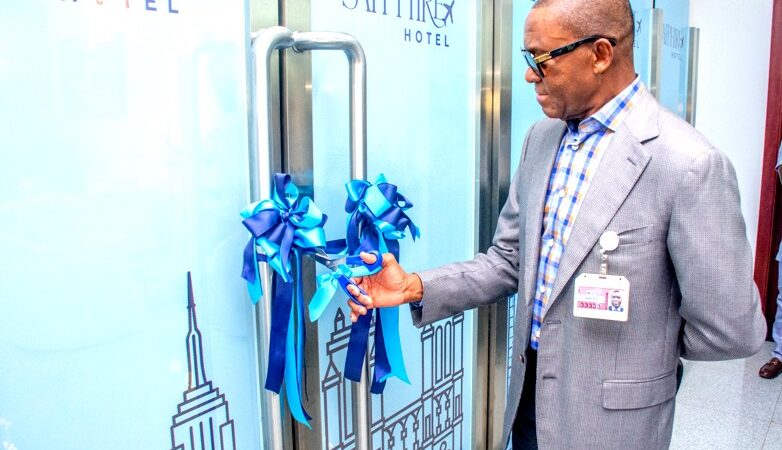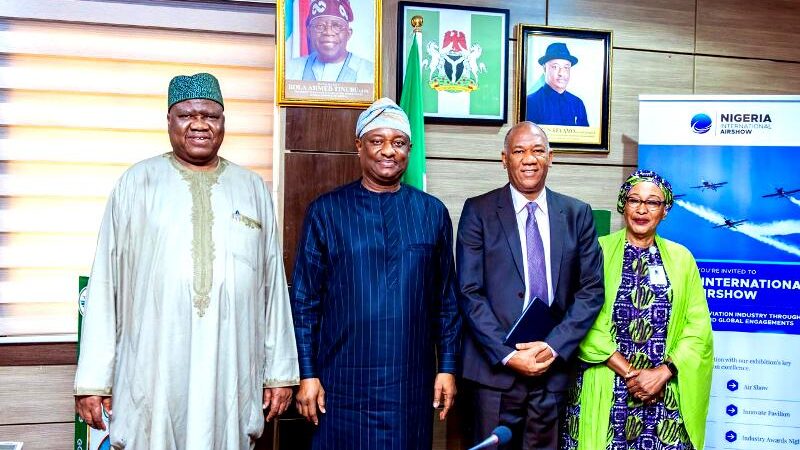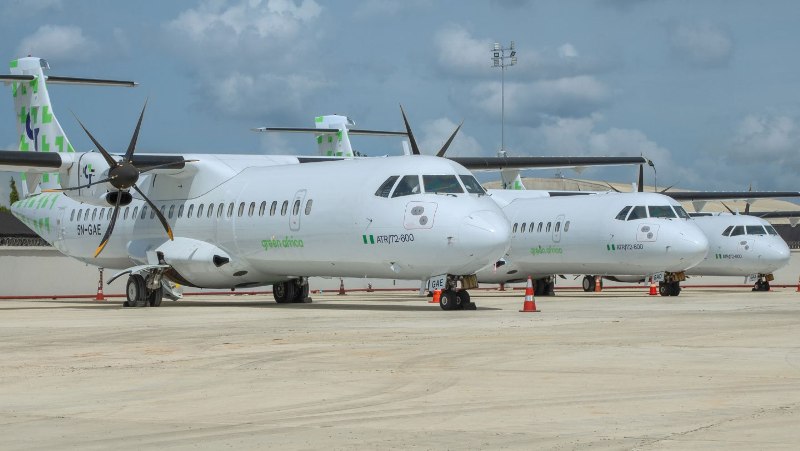Nigerian Airspace Fully Covered By Radar, Says NAMA
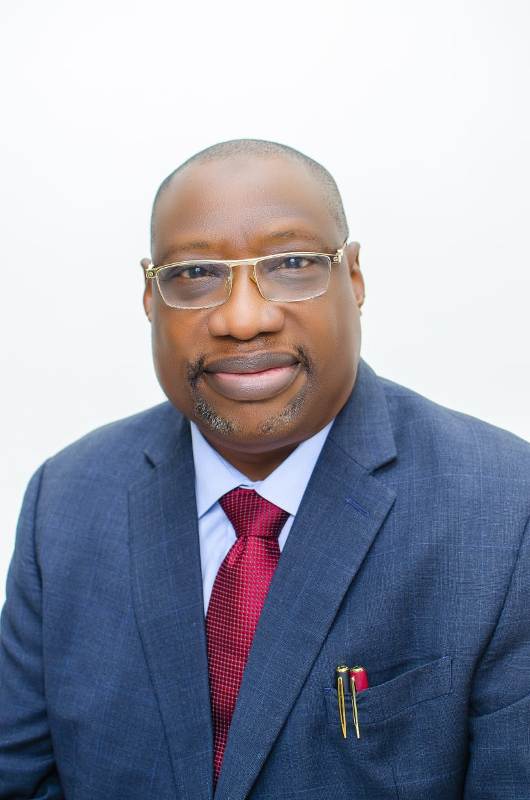
The Nigerian Airspace Management Agency (NAMA) has debunked a a television interview/report by a journalist (David Hundeyin) on News Central , saying that the Nigerian airspace is not covered by Radar, describing the claim as “false and misleading.”
A statement signed by NAMA’s Managing Director, Engr. Ahmed Umar Farouk says “the radar stations in Nigeria (Kano, Lagos, Abuja, and Port-Harcourt) are serviceable. Radar services for Terminal and Enroute flights are positively identified and provide air navigation services to airspace users. Yes, it is true that the TRACON system, like any other electronics systems, is undergoing an upgrade of software and modernization to meet the ever growing demand for efficient, effective and seamless air traffic management services.
Furthermore, the welfare of Nigerian Air Traffic Controllers in terms of salaries and allowances is not in contention, as to suggest that it is the lowest in the world. NAMA, as a reputable agency, prides herself at ensuring sustainable welfare packages for her staff, especially the Air Traffic Controllers.
The reported “unidentified” aircraft is a security terminology. In real terms, the aircraft in question is known, but only to the ATC. The violation was in the interest of safety, as a result of adverse weather (serious thunderstorm) on the said date. The purported circular issued by the NCAA is for airlines to be guided from straying into the marked and published prohibited or restricted areas of the Nigerian airspace.
It is obvious that the journalist in question does not understand the workings of the surveillance systems, hence his misconstrued and misguided information on Primary and Secondary Radar. The agency shall willfully volunteer information on her services to anyone who requires them at any time.
NAMA remains committed to her responsibility to provide safe, effective, economic, and efficient air navigation services in Nigeria. The existence of robust, effective civil / military coordination and collaboration guarantees a secured airspace and air navigation. We are pleased to say that the Nigerian airspace is safe and secured. “

